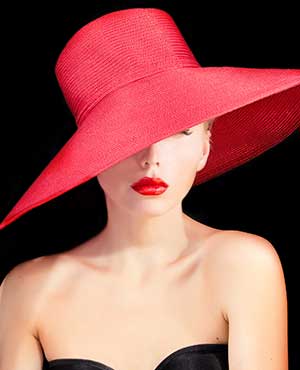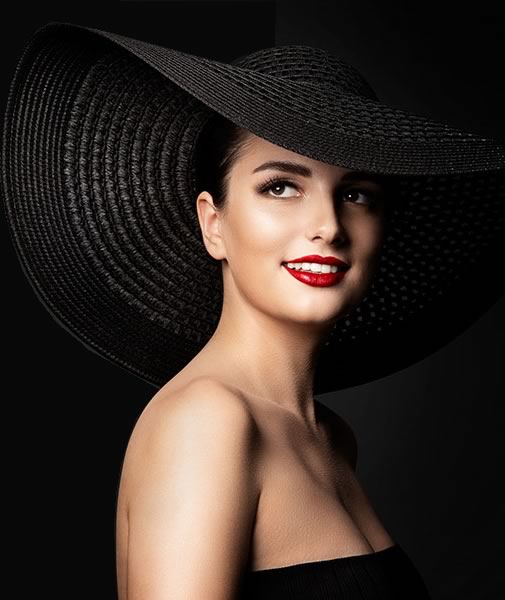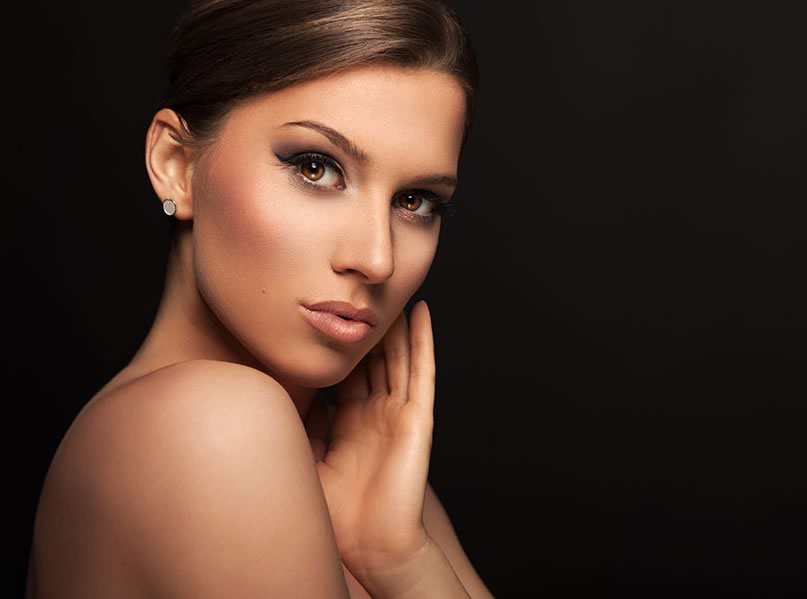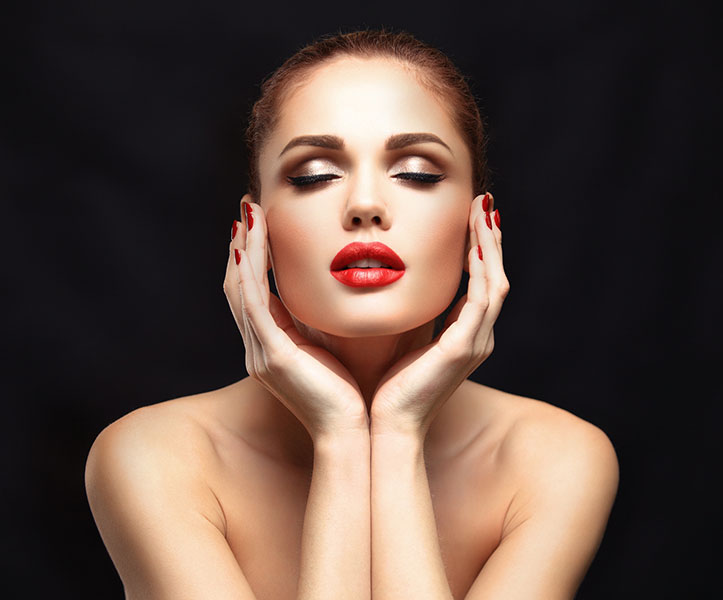Of all the terms for cosmetic and skin products in 2017, the most magical words seem to be anti-aging. Yet at Altiora Plastic Surgery and Med Spa, we commonly treat the consequences of a woman’s age. In many of our patients’ examinations, we find dry, spotted, unevenly pigmented, badly damaged skin. And we see it in spite of the fact that her make-up table is stacked with expensive creams in crystal jars and littered with vials of skin nourishing serums. (They all claim to be “anti-aging.”)
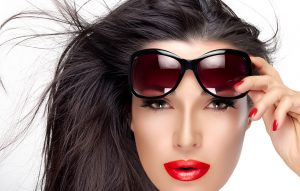
Summer Beauty Knows Anti-Aging Secret of Sunscreen.
Yes, perhaps some of the damage comes from repeated facial expressions naturally caused by emotions. Likewise, gravity and the normal march of time causes a certain amount of damage. However, you might be surprised to know that much of the damage we find on clients’ skin is caused by the sun.
And we can tell that some of these clients have paid very little attention to the product that would have done the most to combat the strongest signs of age.
It doesn’t come in a crystal jar, a silver vial or a lovely lucite box. It does not demand an exorbitant price. Have you guessed it? We are referring to sunscreen, essential for the health and beauty of your skin.
Anti-aging Technology at Your Command
Sunscreen is anti-aging technology in a tube. It was created to protect your skin. In the words of Dr. Smita R. Ramanadham, MD of Boston, MA, “Broad-spectrum sunscreen can dramatically improve the appearance and health of the skin. It is designed to protect your skin from ultraviolet A (UVA) and ultraviolet B (UVB) radiation, which can cause direct and indirect cell and DNA damage.”

Anti-Aging Protection is Packed in Sunscreen.
So, let’s take a look at the price of NOT wearing your anti-aging protection, commonly called “sunscreen:”
1. The UVA and UVB rays of the sun degrade collagen.
2. The same rays increase uneven pigmentation.
3. Likewise, the damaged cells lose their ability to renew and turnover at a timely rate.
4. Photo-aging begins and tiny fine lines deepen, crack and gape.
Sunscreen Power Revealed: Anti-Aging
At Altiora Plastic Surgery, we are not saying you can completely prevent these four main types of sun damage. But sunscreen will greatly mitigate them. We are sure you know that sunscreen also helps prevent skin cancer. Likewise, you have probably been using it to avoid sunburn almost all your life.
Now you know that sunscreen is your first, best defense against skin aging–not the gentle, normal course of aging but leathery, unhealthy aging.
Updated Shopping Secrets of Sunscreen: Caution! You Might Not Know This!
The American Cancer Society has published guidelines to help you choose the best possible protection for your skin when you shop for sunscreen. You might not find this advice trendy or glamorous, but it is helpful and healthy. Remember, “Anti-aging.” (Besides, the results of this advice are trendy and glamorous!)
The Anti-Aging Secret in the Name of Your Sunscreen:
Altiora Plastic Surgery and Med Spa advises you to take the term “broad-spectrum” very seriously. Look for it because only sunscreens with this label give your skin protection against both UVA and UVB rays. “All sunscreen products protect against UVB rays, which are the main cause of sunburn. But UVA rays also contribute to skin cancer and premature aging.” Remember, only products that pass a test can carry a label including the words “broad spectrum.” If it doesn’t say “broad spectrum,” it isn’t. A product without the label “broad spectrum” only protects you from sunburn. It has no protection against skin cancer or skin aging.
Read the Label: The Secret Within Your Sunscreen Number:
The American Cancer Society recommends a sun protection factor (SPF) of 30 or higher. The SPF number tells you about the level of protection in the product against UVB rays. “Higher SPF numbers do mean more protection, but the higher you go, the smaller the difference becomes. SPF 15 sunscreens filter out about 93% of UVB rays, while SPF 30 sunscreens filter out about 97%. SPF 50 sunscreens filter about 98% and SPF 100 filter about 99%. No sunscreen protects you completely.” For more information about melanoma, we invite you to visit one of our previous skin cancer articles.
Read the Label Again: The Secret Behind Water Resistant:
Did you know that just because a sunscreen is “water resistant” doesn’t mean it is waterproof? If a product claims to be water resistant, the label must also state how long it remains protective while drenched in water—or sweat. Basically, sunscreen manufacturers are forbidden by law to say they are waterproof. (They can not be sweat-proof either!)
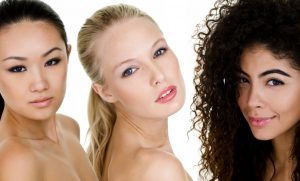
Anti-aging for Every Skin Type: Sunscreen!
Once you have purchased your sunscreen, remember it won’t do you any good if you do not apply it. And we mean for you to slather it on your skin, not just delicately dab it here and there. Be generous with your skin. Think of sunscreen as a very reasonable spa treatment for your skin–and armor against the sun’s radiation.
Apply it generously, and don’t neglect all those hard to reach places. At Altiora Plastic Surgery and Med Spa, we advise our clients to re-apply sunscreen at least every hour and a half. Apply it more often than that if you are going into the water. After all, remember, it is your first, best anti-aging protection.
By the way, for your shopping convenience and sun time safety, Altiora Plastic Surgery and Med Spa carries a wonderful sunscreen named Prevention Plus, from their favorite professional skincare line, “Image.” For more advice about sunscreen and skin safety, check out our previous article, The Sunscreen Guide.

